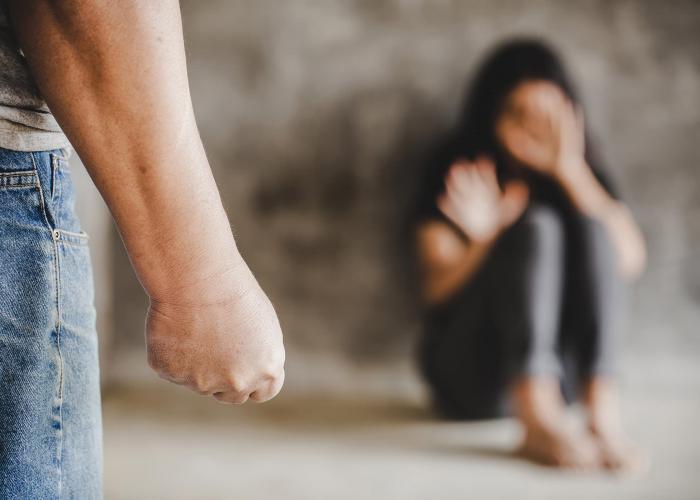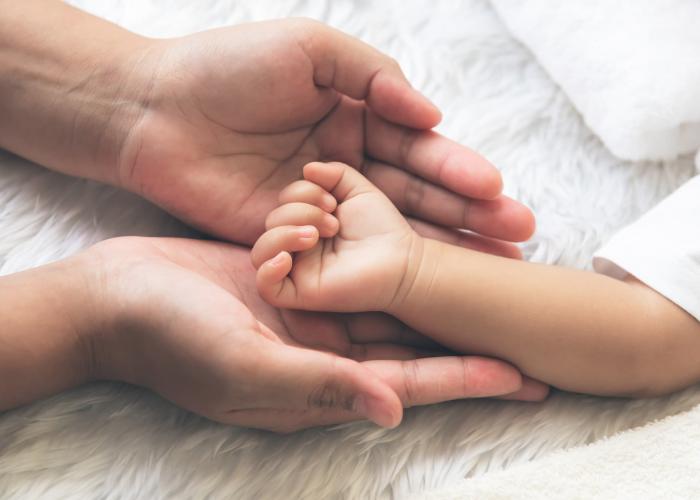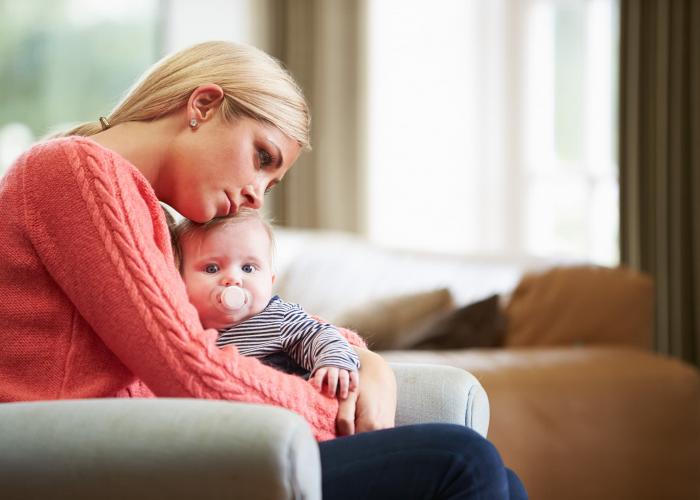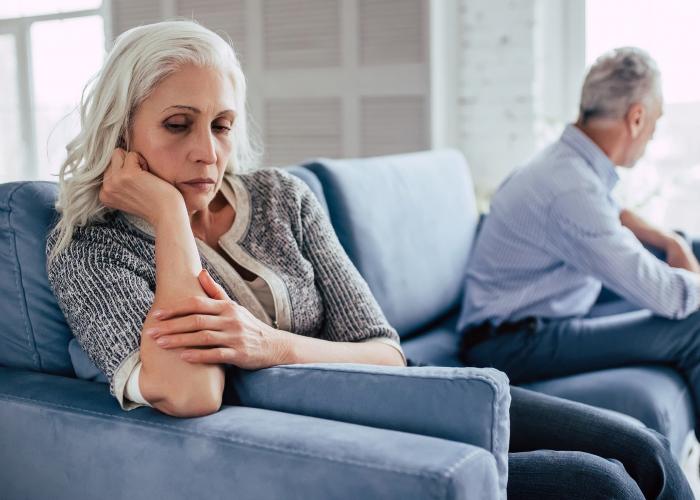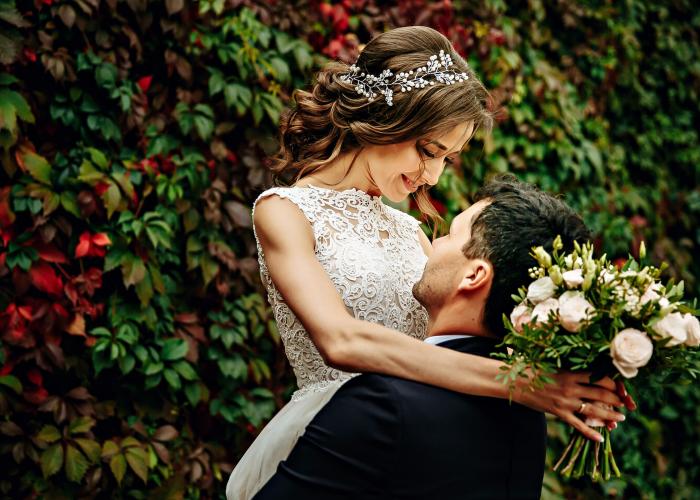Pensions are often involved in financial settlements in divorce proceedings. The arrangements involving pensions can often be extremely complex due to the array of different circumstances involved in calculations.
Our lawyers will inform you that full disclosure is required from all parties involved and ensure that this is achieved and understood. Call our expert team at Lund Bennett Law today on 0161 924 0079 to arrange an appointment.
Family Problems? We can help.
Speak to our specialist family lawyers for fixed price advice and guidance
You will get..
- Best advice on all family law matters
- Support and guidance on next steps
- Transparent pricing and fixed fee's available

Call us now on:
01619240079
How can we help?
Contact us for an initial consultation
FAQs
Pension sharing on divorce involves the physical split of any pension assets between two ex-partners who were previously married or in a civil partnership. The agreed part of the pension fund which is calculated as a percentage is then transferred to their former spouse or civil partner.
Whilst a Pension Attachment Order is another order the court can make, a Pension Sharing Order is the most common. The benefit of this that the division comes into effect at the time of the Pension Sharing Order being implemented as opposed to a Pension Attachment Order which divides the pension benefits when the pension comes into payment. This means the non-member spouse will receive a share of the pension each month until their death or remarriage, If the member spouse dies, save for any death benefits under the scheme, the pension will die with the member.
Generally, any private pensions can be subject to pension sharing alongside personal and occupational pensions and those already paid out.
Pension sharing may be available for State Pensions, providing certain requirements set out by the government are met; see here.
Pension offsetting offers an alternative to pension sharing. Here one party will receive capital in lieu of a pension sharing order. So for example if one party’s pension pot is substantially larger, the other party will receive different assets of similar value instead, i.e. via the sale of a property or through cash assets.
Whilst the courts will regard any pensions earned during a marriage as joint matrimonial assets, pension sharing in England and Wales is non-compulsory. It is only an option available to divorcing couples or dissolving civil partners.
No. You do not have to attend court if the Pension Sharing/Attachment Order is by agreement however the court do have to approve the terms of a Pension Sharing/Attachment Order which can be done by submitting an agreed Order to the court.
If you have decided to divorce your partner, or file for dissolution of your civil partnership and seek advice about pensions on divorce, get in touch with our team of highly experienced family law solicitors. Based in South Manchester, Lund Bennett Law offers comprehensive, expert legal support for anyone considering divorce proceedings in the North West. Contact us on 0161 924 0079 for your free, no-obligation consultation.
We practice exclusively in matrimonial and family law and know how to drive results.
We will help you address, tackle and solve your problems professionally and to your best advantage.
Contact us on 0161 924 0079 for your no-obligation consultation.
Related services
We offer our clients a wide range of family law related services.

